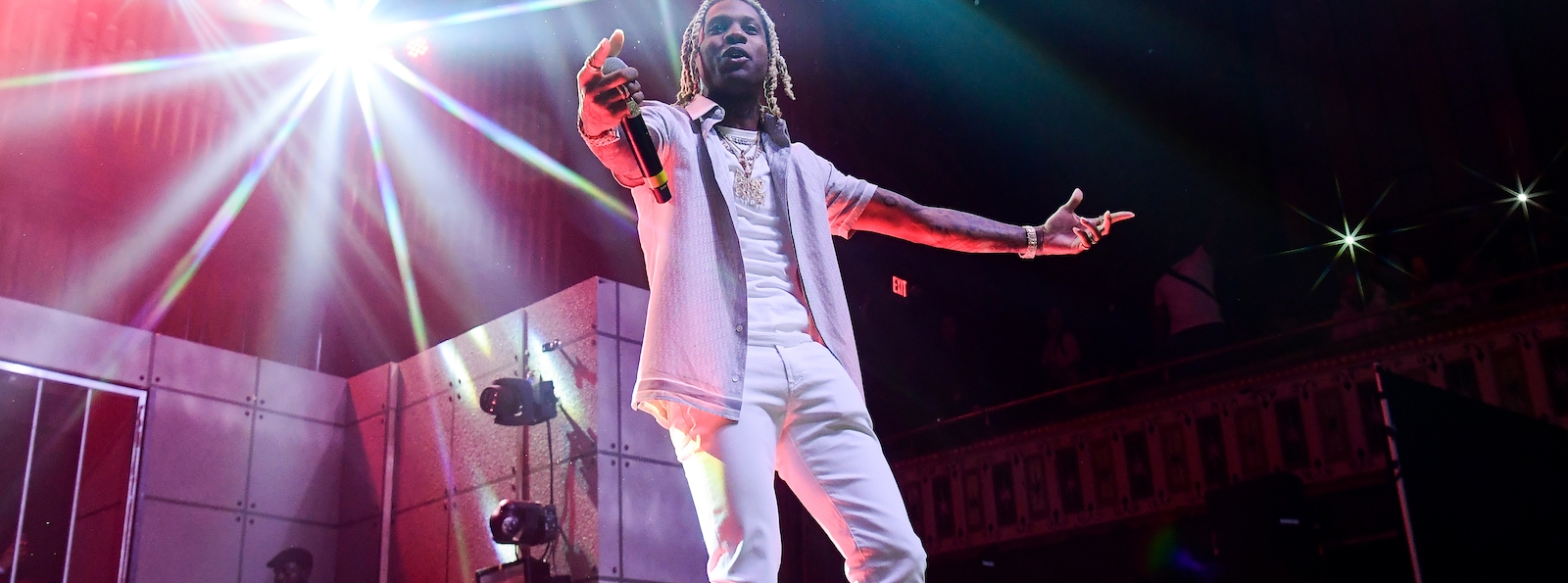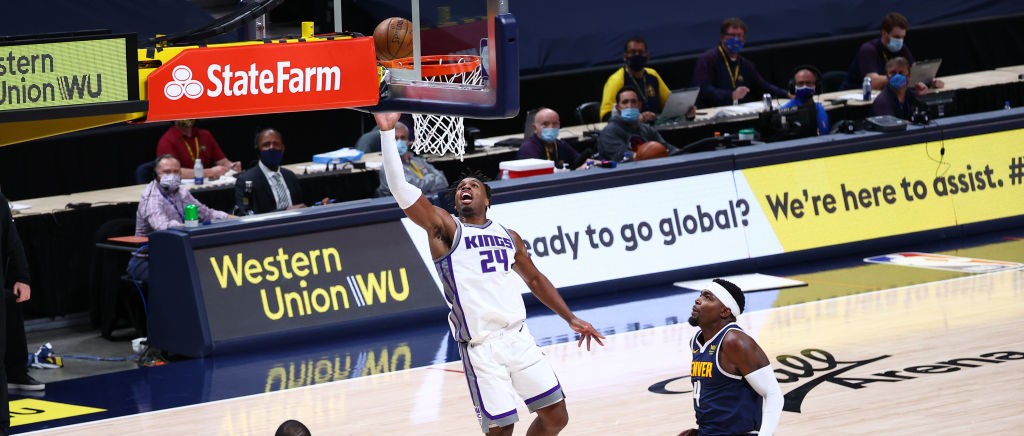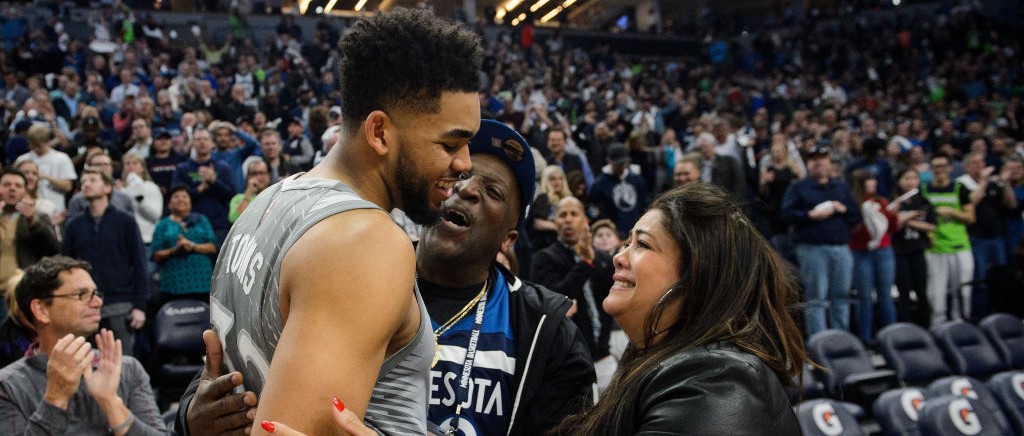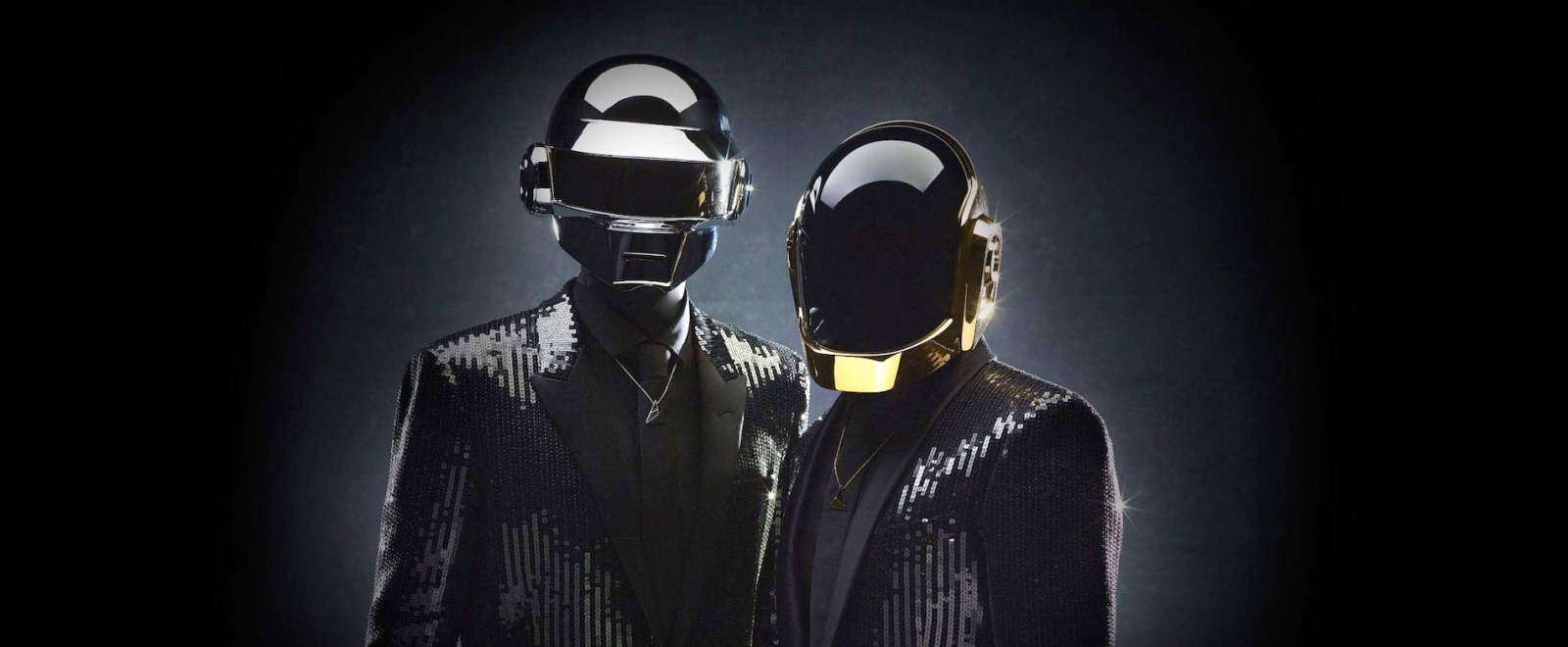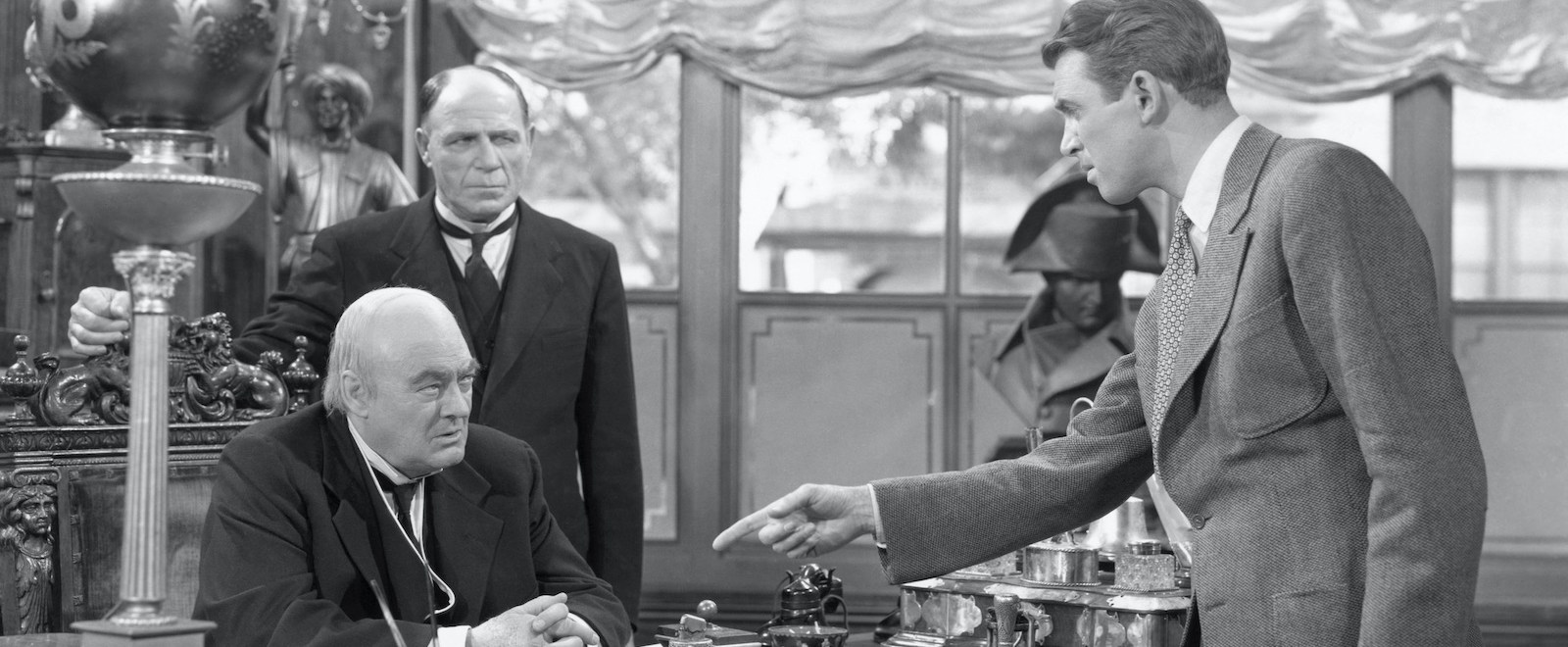
There’s an inherent tendency inside of me to avoid pieces like the one I’m currently writing. Too often they drift too close to something along the lines of, “I finally watched a classic movie everyone loves and it sucked.” (Because, in all honesty, “I finally watched a classic movie everyone loves and, hey, it’s pretty good!,” is kind of boring.) Also, frankly, it’s embarrassing. Pieces like this often start out with some sort of, “Look, this movie is beneath me and that’s why I haven’t watched it,” attitude. (Check out pretty much every “I watched Star Wars for the first time” piece.) Which usually seems like a cover for the truth, which is almost certainly, “Everyone has been talking about this movie my whole life and faking my way through conversations has caused me much embarrassment, but I also feel it’s too late to catch up.” Anyway, my point is there is no part of me that’s proud I haven’t seen It’s a Wonderful Life, well, until now.
This all started back in March when New York City went into lockdown because of the Covid-19 outbreak. I decided to use my newfound nightly free time watching classic movies I had never seen before. It’s a Wonderful Life would mark the 313th movie I’ve seen since the pandemic started. (This number also includes new movies and movies we rewatched for fun.) At first, It’s a Wonderful Life wasn’t even on my list because I had just assumed I had seen it. It’s such a huge part of the zeitgeist and played on network television so often, I just figured I had seen enough bits here and there that, over the course of all the years adding up, I had surely seen the whole movie.
A friend of mine asked me if I had seen It’s a Wonderful Life and I gave him an unconvincing, “yes?,” as a response. He asked me what the plot was and I said, “Well, George Bailey wants to kill himself and an angel shows him what life would be like without him so he changes his mind.” He then asked me why George Bailey wanted to kill himself. I responded, “Because he wants to be a banker and he realizes he will never fulfill his life’s dream of being a banker.” Not only was this wrong, this was, instead, the story Kramer tells a judge to try and get Newman out of a speeding ticket on an episode of Seinfeld. So, no, I sure hadn’t seen It’s a Wonderful Life.
I know this movie surprises people who hadn’t seen it before in that it takes the movie quite a long time actually getting to the Christmas part of the story. I already knew that. And I knew it wasn’t a very happy story, though I didn’t realize George flew into bouts of pure rage as often as he does. Though, to be fair, everyone in the movie seems to take advantage of George’s morality, so in the end he’s the only person who never seems to get to do what he wants. So, yeah, of course he’s going to erupt from time to time. But even though I knew how long it takes to get to the actual premise, I still couldn’t help but marvel at the thought of someone pitching this movie today. George would be witnessing the supernatural alternative reality where he didn’t exist within 20 minutes of the movie starting.
So, I guess it’s time to get to the parts that did surprise me. “My take,” as they say. Which is usually, in pieces like this, the part that gets the, “Hey, get a load of this guy,” sneers on social media. Well, first, it’s a slightly better movie than I was anticipating. And I was anticipating a good movie, it’s just a little less sappy and a little more fraught than I thought it would be. I think this preconception comes from that I had seen the ending before. Or, at least, it sure felt like I had. Also, the ending, in context, sure hits like a ton of bricks. For most the movie, I couldn’t help thinking something along the lines of, “This is a good movie, but why is it, specifically, a holiday classic?” But the ending is so powerful, a viewer kind of forgets that most of the movie isn’t about the holiday season at all. Speaking of the ending, I kept wondering, wait, Mr. Potter just gets to keep the $8000? Yeah, he made off pretty well! I guess everyone wins. So, most importantly, I finally understand the “It’s a Wonderful Life: The Lost Ending” SNL sketch.
A few other quick things: No one ever told me It’s a Wonderful Life had a scene set in space. I certainly wasn’t expecting there to be a character in this movie who had a catchphrase – and that catchphrase is “he-haw.” Also, it kind of dawned on me that people during this era all knew elaborate, choreographed dance moves. During the scene when the attendees of the high school dance were instructed to dance the Charleston, everyone knew it. And that has always looked like an impossibly difficult dance. When I was in grade school, we were taught square-dancing, which (a) I don’t remember at all and (b) never once used in regular life. In retrospect, I wish they had taught us the Charleston instead.
Though, the thing that amazed me the most was how It’s a Wonderful Life just kind of filled in so many cultural moments that came after. As in, “Oh, I see, that’s where that came from,” or, “Oh that scene obviously influenced this other scene in a different famous movie,” type moment. And as I watched, I just kind of felt worse and worse about myself that I had never seen It’s a Wonderful Life before. I had no excuse. There was no getting around it: I was a loser.
But then something miraculous happened: I got a peek at what life would be like if I had never existed. And to be honest, the world looked pretty similar. I’ve never saved anyone’s life, so everyone was still around. Though, for the record, I would totally save someone’s life if I had the chance, it’s just never come up to this point. Also, there’s no one currently in prison because I stopped them from serving poison. And from the best I could tell in this alternate reality, everyone had pretty much the same job. But the good news is my lack of watching It’s a Wonderful Life didn’t really seem to harm anyone either. So, it’s at that point I stopped moping around because I hadn’t seen It’s a Wonderful Life until now. Instead, I took to the streets to sing its praises. “You gotta watch It’s a Wonderful Life!,” I screamed to anyone who would listen. It was then, when I returned home, the townspeople had gotten together and raised $20 so I could afford the new steel book 4k copy of the movie, so I’d never be without it again. And then my hero brother returned from World War II. And then my old buddy from New York showed up and whispered in my ear the words, “he-haw,” and everything was finally right with the world. Watching It’s a Wonderful Life in 2020 made me realize it’s never too late to watch It’s a Wonderful Life for the first time. It’s a Christmas miracle.
You can contact Mike Ryan directly on Twitter.

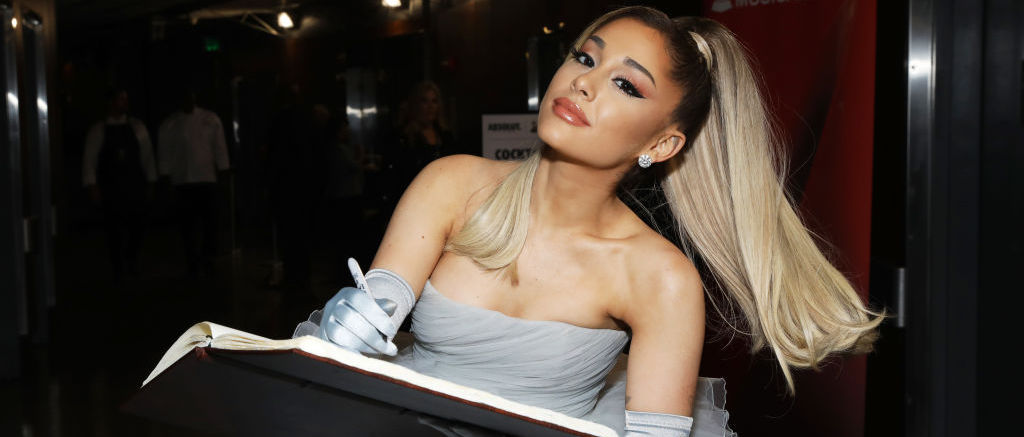


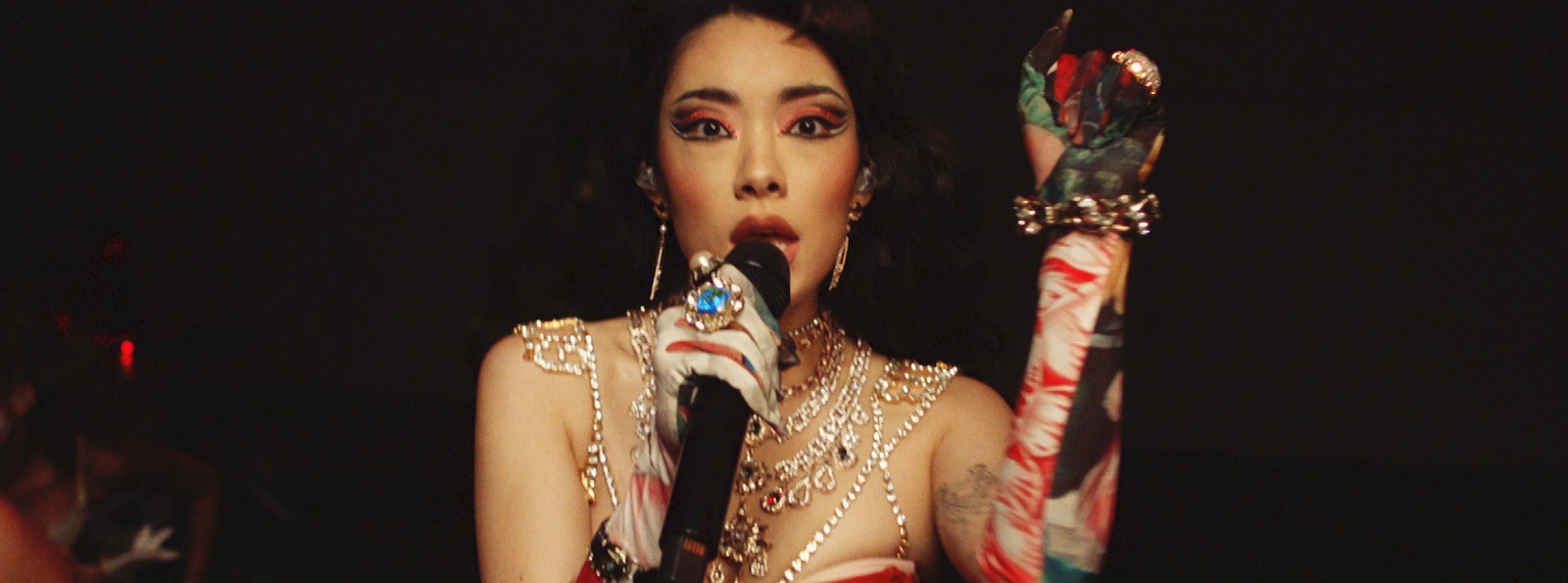
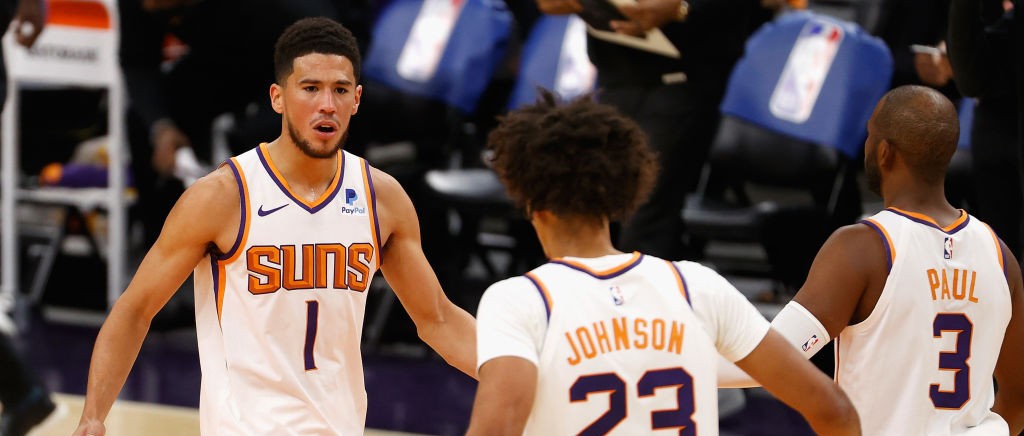
 37 PTS
37 PTS


 |
| 
 +
+ for
for 
